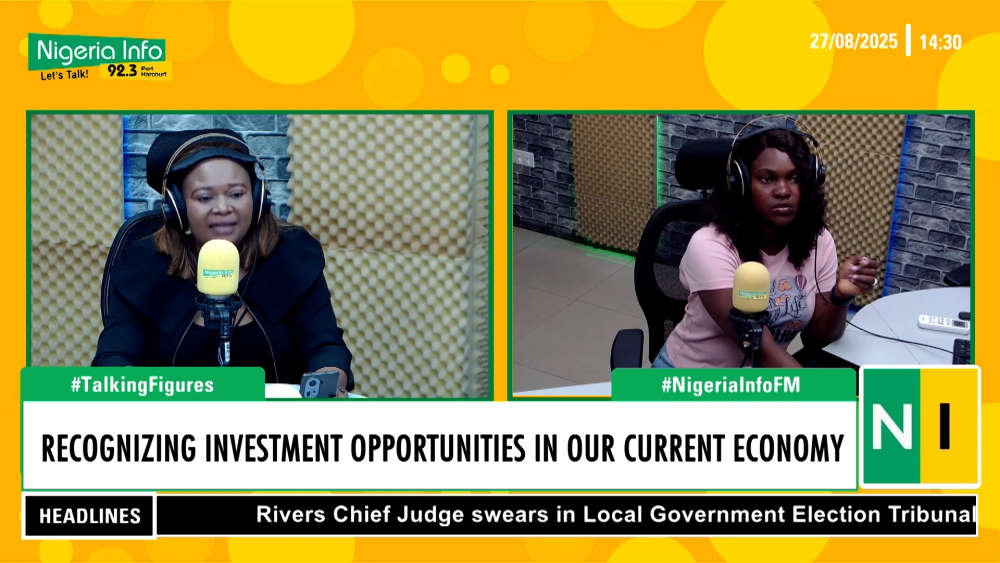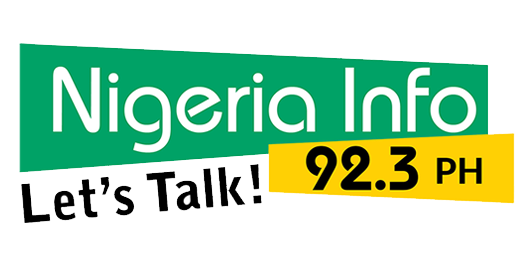
Despite rising interest rates in Nigeria’s money market, inflation continues to outpace investment returns, causing many investors to experience a loss in the real value of their funds. Economist Dr. Bridget Ladi points out that even returns of 18 to 20 percent per year are insufficient compared to the current inflation rate of 21.8 percent.
Dr. Bridget Ladi explains that many Nigerian investors fail to earn real profits from money market investments because inflation exceeds their returns. Speaking on Nigeria Info’s Talking Figures, she noted that returns between 18 and 20 percent annually are still lower than the 21.8 percent inflation rate.
She illustrated this with an example: investing 10 million naira for a year yield about 1.8 to 2 million naira in returns, but after a 10 percent withholding tax, the actual gain decreases. When compared to nearly 22 percent inflation, investors effectively lose around 2 percent in real terms. “If you invest 10 million naira for one year, you get about 1.8 to 2 million in returns. But after the 10 percent withholding tax, the gain drops. And when you compare that to inflation at almost 22 percent, you are still losing about 2 percent in real value,” she said.
According to Dr. Ladi, investors only make genuine profits when their returns surpass inflation. She linked this issue to broader economic challenges, highlighting that many entrepreneurs avoid expanding their businesses due to high expenses. She listed costs such as rent, wages, fuel, security, raw materials, equipment, and taxes, explaining that these expenses significantly reduce profit margins.
As a result, she said, more Nigerians are opting for money market investments even though the returns do not keep pace with inflation, as it feels like a safer option compared to the risks associated with running a business in the current economic climate. “The ease of doing business in Nigeria is very poor. Rent, staff salaries, diesel, security, raw materials, equipment, taxes, all these add up. By the time you take out expenses, the return is very small,” she explained.
See video:


